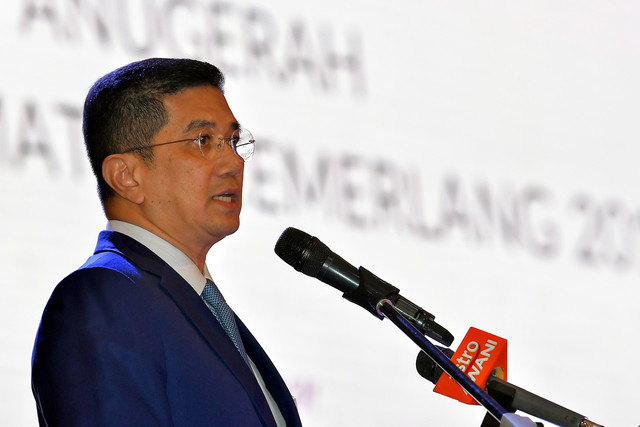KUALA LUMPUR, Jan 21 (NNN-Bernama) — The Regional Comprehensive Economic Partnership (RCEP) agreement will be a key enabler for Malaysia in revitalising the domestic and international business activities in a post-pandemic world.
The International Trade and Industry Ministry (MITI) said the pandemic has underscored the paramount importance of international trade and cooperation, as well as the inter-linkages of regional supply chains.
“Business communities, from large to small-scale entrepreneurs are encouraged to take advantage of the vast investment opportunities and greater participation in regional and global value chains presented by this mega trade agreement.
“As a trading nation, Malaysia will continue to be an open economy, with business-friendly and pragmatic policies that foster a conducive investment climate in the country,” it said in a statement.
Malaysia is poised to be the 12th RCEP signatory to implement the agreement after the Instrument of Ratification (IOR) was submitted to the ASEAN Secretariat on Jan 17, 2022.
The largest free-trade agreement in the world will enter into force for Malaysia on March 18, 2022 — joining 11 other signatory countries, namely Singapore, China, Japan, Brunei, Cambodia, Laos, Thailand, Vietnam, Australia, New Zealand, and South Korea that have completed the ratification process.
MITI said within ASEAN, Malaysia is expected to be the largest beneficiary of the RCEP agreement in terms of gains in exports, with a projected US$200 million increase.
It said according to a report from the United Nations Conference on Trade and Development (UNCTAD) published on Dec 15, 2021, these gains would result from tariff elimination and reduction for merchandise goods, including the facilitation of export and import of goods among RCEP countries.
“Furthermore, service providers, including e-commerce will be able to enjoy greater market access in terms of cross-border supply and establishing commercial presence in the RCEP markets,” it added.
— NNN-BERNAMA





